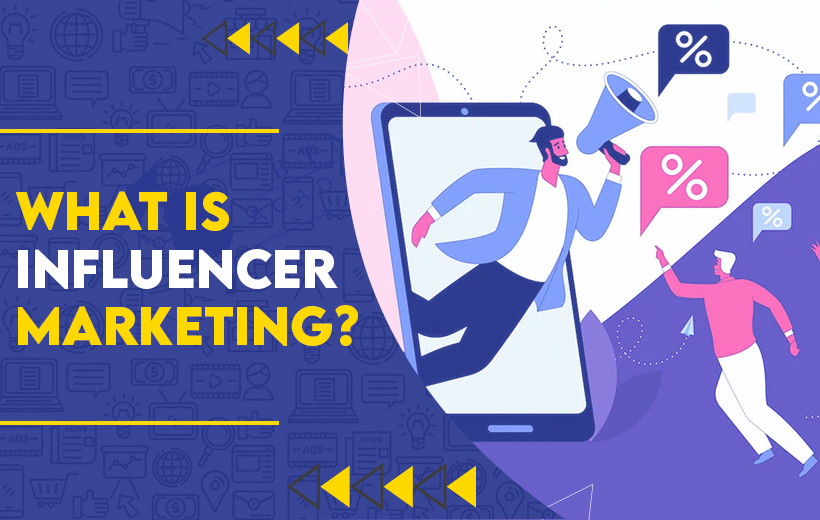Influencer Marketing – the latest craze in Social Media Marketing
In today’s digital age, social media has become an integral part of our daily lives. It has transformed the way we communicate, share information, and interact with brands. With the rise of social media platforms like Instagram, YouTube, and TikTok, a new form of marketing known as influencer marketing has gained significant prominence.
Influencer marketing is a type of marketing strategy where brands collaborate with influential individuals, known as influencers, to promote their products or services to their target audience. These influencers are individuals who have established a substantial following on social media platforms and have the ability to impact the opinions and purchasing decisions of their followers.
The power of influencer marketing lies in the trust and credibility that influencers have built with their audience. Unlike traditional advertising, which often comes across as impersonal and sales-driven, influencer marketing leverages the personal connection and authenticity of influencers to create a genuine relationship with their followers. By partnering with influencers, brands can tap into their loyal fan base and benefit from the trust and influence they have established.
Advantages of Influencer Marketing
One of the key advantages of influencer marketing is its ability to reach a highly targeted audience. Influencers have developed a niche following based on their expertise, interests, or lifestyle, allowing brands to connect with a specific demographic or market segment. Whether it’s beauty, fitness, fashion, travel, or any other niche, there are influencers catering to almost every interest. This targeted approach ensures that brands can reach the right people with their marketing message, increasing the chances of conversion and customer engagement.
Furthermore, influencer marketing offers a more organic and native form of advertising. Instead of intrusive ads that interrupt the user experience, influencers seamlessly integrate brand promotions into their content, making it feel more like a recommendation rather than a direct advertisement. This subtle approach makes the marketing message more palatable to the audience and enhances the overall effectiveness of the campaign.
In addition to increased reach and engagement, influencer marketing also provides brands with valuable user-generated content. Influencers create high-quality, visually appealing content that showcases the brand’s products or services in an authentic and relatable manner. This content can be repurposed by the brand across various marketing channels, including their own social media profiles and websites, helping to strengthen brand identity and credibility.
The Challenges
However, influencer marketing also presents some challenges. The authenticity of influencers and their engagement metrics can sometimes be questionable. As the popularity of influencer marketing has grown, some individuals have resorted to buying fake followers and engagement, which can undermine the effectiveness of a campaign. Therefore, it is crucial for brands to thoroughly research and vet influencers before entering into partnerships to ensure their authenticity and alignment with brand values.
Moreover, measuring the return on investment (ROI) of influencer marketing can be a complex task. Determining the impact of influencer collaborations on brand awareness, sales, and customer loyalty requires careful tracking and analysis of various metrics. Brands must set clear objectives and establish key performance indicators (KPIs) to evaluate the success of their influencer marketing campaigns accurately.
In conclusion, influencer marketing has emerged as a powerful tool for brands to connect with their target audience in a more authentic and engaging way. By leveraging the trust and influence of social media influencers, brands can reach a highly targeted audience, generate user-generated content, and enhance their brand identity. However, it is essential for brands to navigate the challenges associated with influencer marketing, such as ensuring influencer authenticity and measuring ROI effectively. With careful planning and execution, influencer marketing can be a highly effective strategy in today’s digital landscape.






